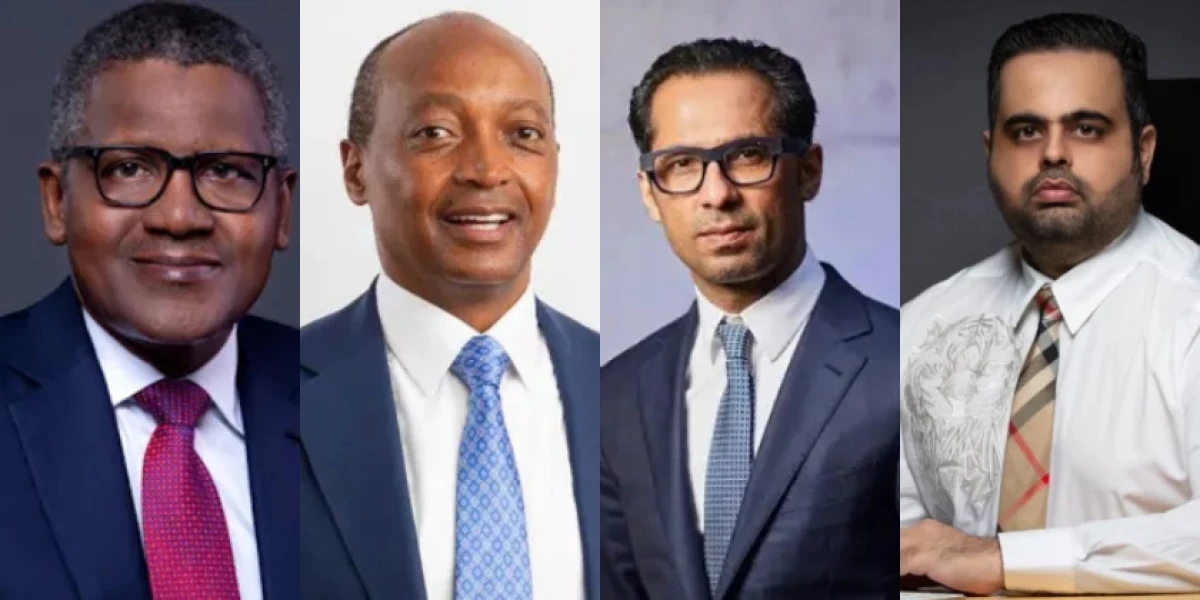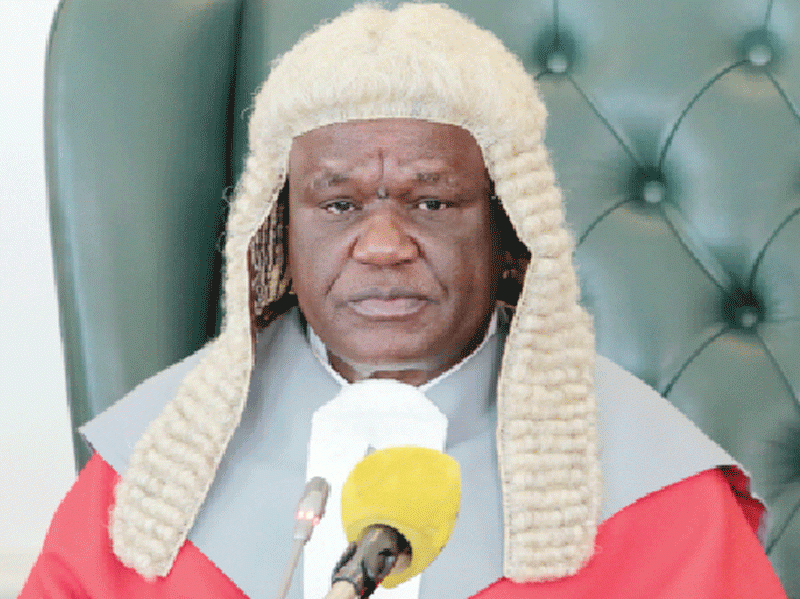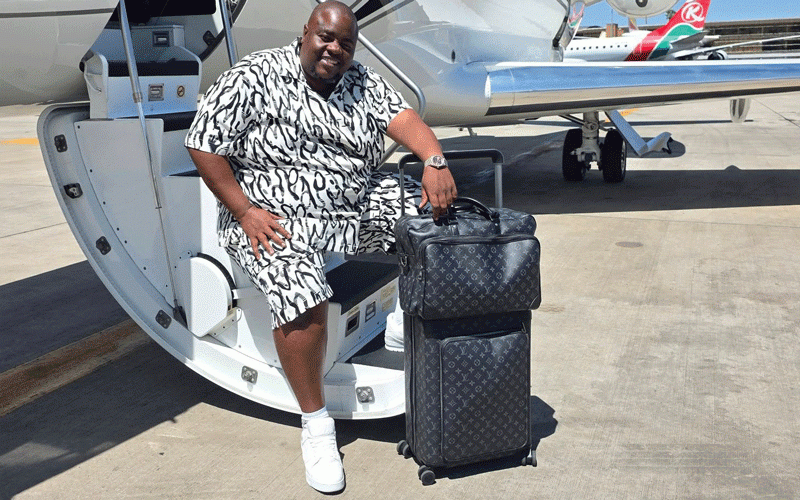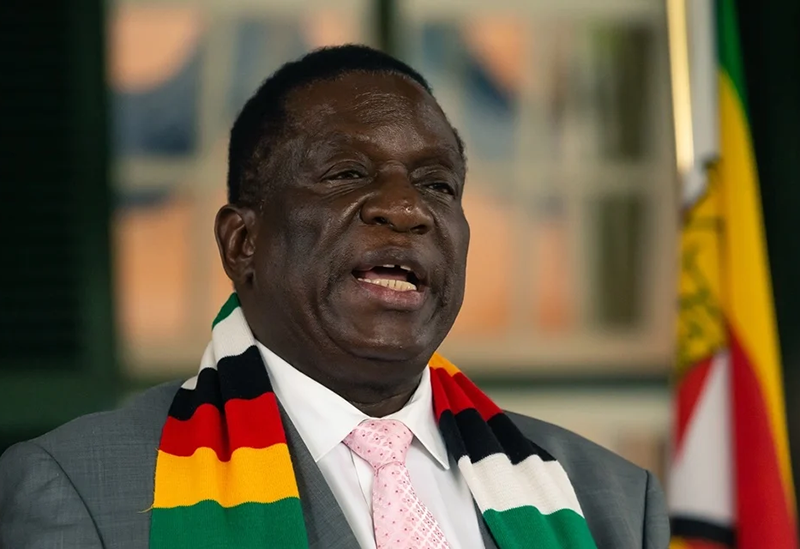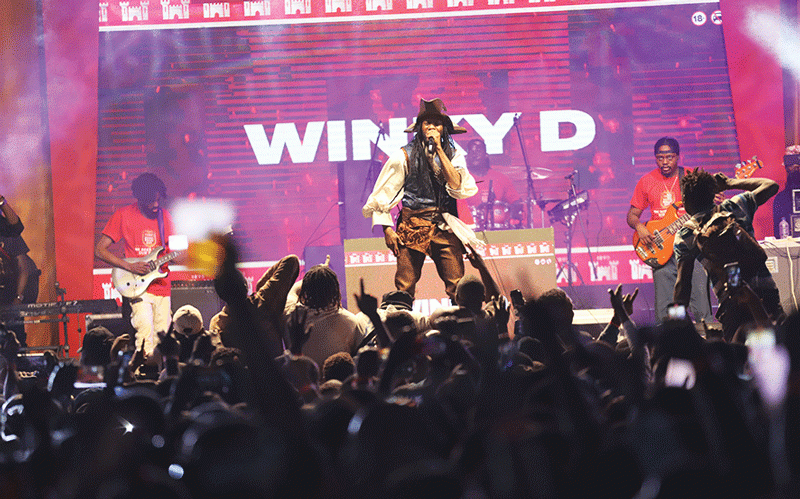
As has become his tradition for the last three or so years, Zimbabwean musician Wallace Chirumiko popularly known as Winky D, in the early morning of January 1 2024 serenaded his fans as part of the festivities to commemorate the new year.
The theme of his show in this year's edition was to celebrate his journey in the cut-throat Zimbabwean music sector since his entry into the mainstream scene in 2004.
Winky D's brand has over the two decades grown to become one of the top artistes in the sector.
That he is now among the most sought-after entertainers on the land is non-debatable and public events and shows where he is involved attract multitudes of music lovers and revellers.
He thus has a huge sphere of influence and anything he says or sings about naturally draws the attention of the nation.
As a social commentator in speech and song, his art has often courted controversy particularly when it is linked with national political questions.
Musicians are not born from another planet and everything in their music from the beat, arrangement, melody to lyrical content and everything involved in production and creative process is influenced by their experiences, aspirations and realities.
This is why not all music appeals to everyone. Yet, that is the beauty of the freedom in diversity.
- Winky D, Jah Prayzah and Nutty O: Concert review
- ‘Break stereotypes around plus size women’
- Miss Curvy Africa bounces back
- Stage design gets fans admiration
Keep Reading
Freedoms expressly guaranteed universally and localised within our national constitution.
Music, like any other sector that operates within the media realm only acts as a conduit of ideas and opinions.
And musicians, much as journalists, filmakers, comedians and many others within the media ecosystem are entitled to express their ideas and opinions in their creative process.
Even when those ideas and opinions are of a political nature — real or implied.
This is why threats against Winky D, including by some prominent personalities linked to the ruling elite must be publicly condemned and purveyors of these threats should withdraw these statements.
Zimbabweans should demonstrate political maturity to embrace diverse forms of ideas, opinions and even political persuasions without resorting to violence and harassment.
This is why I was in the same vein intrigued by Winky D's assertion that he was unable to advertise his show on radio and that the electronic media had not given him the opportunity to discuss his journey and possibly further publicise the show.
The dancehall crooner said he only had the internet and his fans' word of mouth as the forms of promoting his shows.
While media houses are entitled to independently determine their musical and/or editorial content, they are duty bound to be inclusive and embrace diversity.
In an era where the media is facing existential sustainability challenges, it is difficult to comprehend how any radio station could turn down adverts of an artist in the mould of Winky D.
If anything, one would expect media organizations to be scrambling for partnership packages of mutual benefit.
A politically intolerant media that can forego potential revenue on account of failing to embrace diversity sets itself up for failure.
This is why the clarion calls for media reforms ought to be escalated and supported by the citizenry.
Airwaves belong with the people.
Among these being the thousands that thronged the Harare International Conference Centre with access to Winky D online.
There is also the silent unknown number that could have attended had the information reached them through the mainstream radio and television.
Despite the show having been successful and reportedly sold out, Winky D still spared a thought for those without internet access that he could have engaged.
He possibly was thinking of how the intersectionality with the mainstream electronic media could have translated into enhanced business.
Inhibitors to media freedom have far reaching consequences that go beyond artistic freedom and freedom of expression but also media sustainability.
As yet, another year is upon us to work on, and engage upon media reforms, it is prudent for all and sundry to join in the campaign.
The clarion call remains — airwaves belong with the people!
*Nigel Nyamutumbu is a media development practitioner working as the coordinator of a network of journalistic professional associations and media support organisations, the Media Alliance of Zimbabwe. He can be contacted on njnya2@gmail.com and +263772501557

